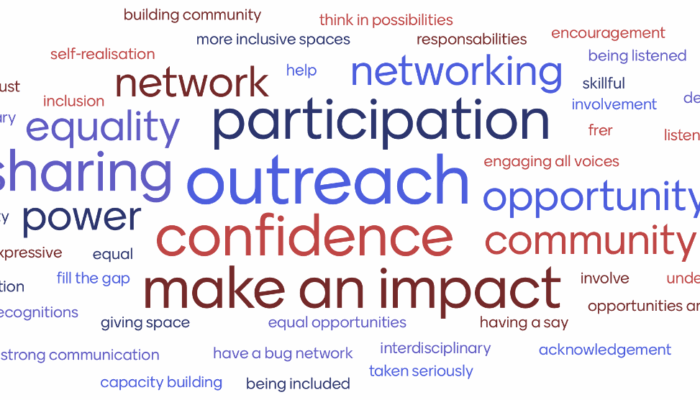
At the EGU General Assembly 2025, we initiated a short course entitled “Best Practices for Early Career Researcher (ECR) Engagement and Empowerment in Research Projects”, designed and led by Early Career Researchers (ECRs). The goal was to provide an interactive platform for ECRs, project leaders, and anyone involved in research projects to come together, reflect, share experiences, co-learn, and create a consensus on best practices for engagement and empowerment. Roughly 70 international participants, mostly ECRs themselves, joined the short course. Unsurprisingly, most had limited experience with the concepts of engagement and empowerment, reinforcing the need for this dialogue.
Why this matters: a culture shift
The motivation behind this course came from the observation that, while opportunities such as PhD-oriented research schools and European-level funding schemes offer established training and development opportunities for ECRs, research projects (e.g., multi-partner, large-scale, or consortium-based) themselves often lack such frameworks. This is despite possessing the same levels of inter- and transdisciplinary research exposure, integrated societal and sectoral impact, as well as connections between the academic and private sectors.
This gap is particularly crucial as ECRs play a defining role within research projects. ECRs are currently defined by EGU as students, PhD candidates, and practising researchers who obtained their highest degree (e.g., BSc, MSc, or PhD) within the past seven years. They are at the forefront of developing new methods, generating fresh insights, creating new solutions, and are often essential contributors to delivering promised scientific output and deliverables. At the same time, projects serve as an exposure to an environment where ECRs can observe how projects are managed, serving further as a training ground for project leaders of the future. Yet, too few projects address the importance of integrated empowerment and engagement strategies, missing the offering of opportunities that help them grow professionally.
How we did it
The course was a rotational discussion workshop that encouraged all participants to contribute. First, in idea rounds, participants collected examples of empowerment activities and related outcomes (Figure 1). They rotated in small groups to explore three themes: “Structural involvement in project management,” “Organisation of events for ECRs,” and “Forming networks beyond one’s own work”. These themes were set out in a 2025 perspective in Open Research Europe, the open-access publishing venue for the European Commission, titled “Empowering ECRs to make research projects flourish: lessons from a European research project” [1]. Second, in the evaluation phase, participants placed three-star stickers on the ideas they deemed most important. This format fostered a dynamic, open atmosphere.
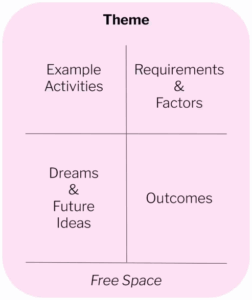
Figure 1. Schematic of poster boards used within the short course
A new view of empowerment
Even before its official launch, the course had already gained visibility, being featured in “EGU Today: Highlights at a Glance”. Interestingly, unlike what we had originally envisioned, many of the participants were not embedded within research projects. Instead, they came from a breadth of institutional setups, including but not limited to smaller research groups and university departments. Though the common thread was that most were ECRs who had limited experience in engagement and empowerment practices. However, their ideas on these topics validated and provided a broader context to the co-convenors’ experience and the scope of research projects.
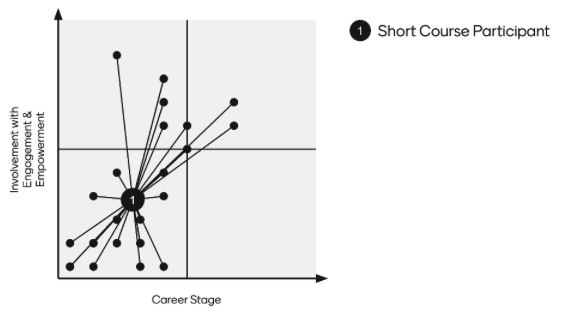
Figure 2a. Overview of participant background. Response to Mentimeter prompt “Place yourself along the axes”
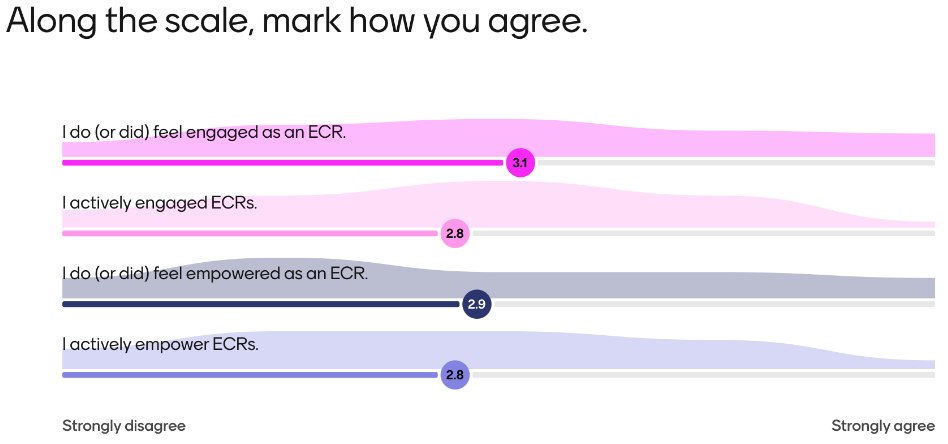
Figure 2b. Response to Mentimeter question “Along the scale, mark how you agree”
Lessons learnt
From the discussions (and the starred sticky notes; Figure 3), several themes with actionable activities emerged:
- Integrated participation and professional development: Early and meaningful involvement within projects (or similar establishment setup) is essential for ECRs, allowing them to contribute and grow optimally throughout the entire process. Key factors include collaboratively designed events between ECRs and senior colleagues, institutional support in terms of resources (e.g., money and time) and recognition, all of which require active involvement from senior researchers who model best practices and offer support.
- Community building and support systems: It is important to create spaces for ECRs to exchange experiences, challenges, failures, successes, and skills, especially as these conversations foster confidence. Examples can include peer-peer and peer-senior mentorship, which allows connections between varying experience levels and scopes. Institutional and advisory recognition of non-scientific professional development activities and time to pursue them is also needed. These should all be emphasised in the scope of diversity, equity and inclusion principles.
- Expanding networks and facilitation of inter-disciplinary exchange: We identified three main pathways for networking as a critical component of empowerment. The first mode would be formal opportunities such as summer schools, workshops, and forums. The second mode would be informal opportunities such as coffee breaks, dinners, or regular check-ins. Lastly, is a supervisor-facilitated network opportunity, which is critical to helping ECRs initial professional network formation; supervisor networks are an essential resource they should share with their ECRs.
- Long-term visions and dreams: Ultimately, these practices support a reshaped research culture in which today’s ECRs grow into empowered future leaders, the weight of publication pressure is eased in favour of societal impact, and today’s networks evolve into the foundations of future collaborations and projects.
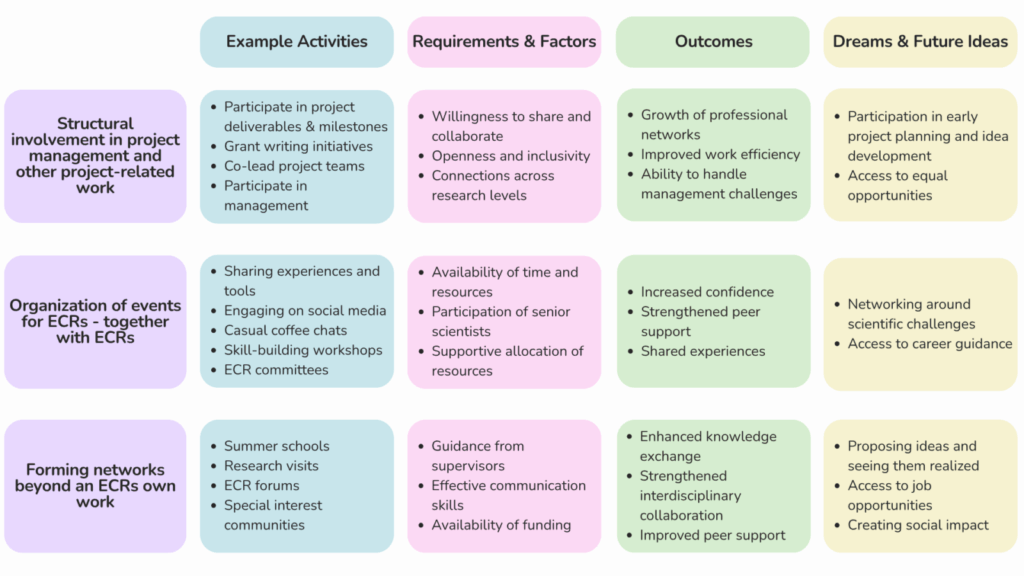
Figure 3. Most “starred” answers from the posters during the short course
Looking ahead: a call to the entire EGU community
Although we originally targeted those working directly within research projects, the short course showed that these discussions are much broader in scope and applicable to all ECRs, independent of their institutional setup, being relevant across institutions and disciplines. Feedback confirmed that participants, including senior researchers, left with new awareness, ideas, and opportunities, which they can advocate for themselves or others within their own contexts.
“[I was made aware that] informal activities like pub gatherings and sports events can be surprisingly valuable for networking. They offer a relaxed setting for chatting and getting to know each other, which can lead to new collaborations and opportunities.”
– Dr Chunhui Zhan, Postdoc, University of Freiburg
“…the format… of this course … provided space for ECRs to exchange best practices in engagement and empowerment… It highlighted that ECRs contribute significantly to projects by developing new methods and collecting data, yet many projects fail to recognise their importance… I highly agree with the suggestion that proposals should include ECRs as leads of milestones and tasks… The course also inspired many of us to brainstorm … ECR empowerment, including involvement in project management and peer-to-peer programs.”
– Dr Sung-Ching (Nick) Lee, Group Leader, Max Planck Institute for Biogeochemistry
“…ECRs are keen to be involved from the early stages of idea generation, through shaping proposals, to contributing to the governance and consolidation of research programmes… ECRs bring fresh perspectives and creativity… [hence,] their involvement should extend well beyond technical delivery… I am keen to build on what I learned and explore more concrete ways of involving ECRs in research design and decision making.”
– Dr Ekbal Hussain, Research Scientist, British Geological Survey
Although this is not only the role of bottom-up initiatives and integrations, the involvement and active participation of senior researchers is equally important, particularly those involved in project writing. This ensures that the perspectives of ECRs are embedded in the design, implementation and outcomes.
Below, we provide some ideas we’d advocate for pursuing with the broader EGU community:
- More cross-divisional ECR events, such as campfire sessions (e.g., informal, collaborative discussion about a specific topic) for broader discussions;
- Making the short course a regular session each year, building upon and sharing knowledge continually with both ECRs as well as senior researchers;
- Hosting a virtual session of this course to broaden the involved community;
- Supporting the creation of smaller, topic-focused ECR-oriented communities within EGU sections;
- Implementing a more specific terminology of ECRs that explicitly recognises the different needs of “early-stage academics” (e.g., Master’s students, PhD researchers), “practitioners” (e.g., sectoral representatives), and “later-stage academics” (e.g., post-docs, assistant professors).
As this is an initiating point of these discussions for many, we hope that, together, we can continue to build a research culture in which ECR engagement and empowerment are integrated into both research projects and institutional structures. We invite anyone interested in these themes to attend the second iteration of the short course at EGU 2026 (https://meetingorganizer.copernicus.org/EGU26/session/57786), get in touch with one of the convenors, or keep up to date with upcoming related events.
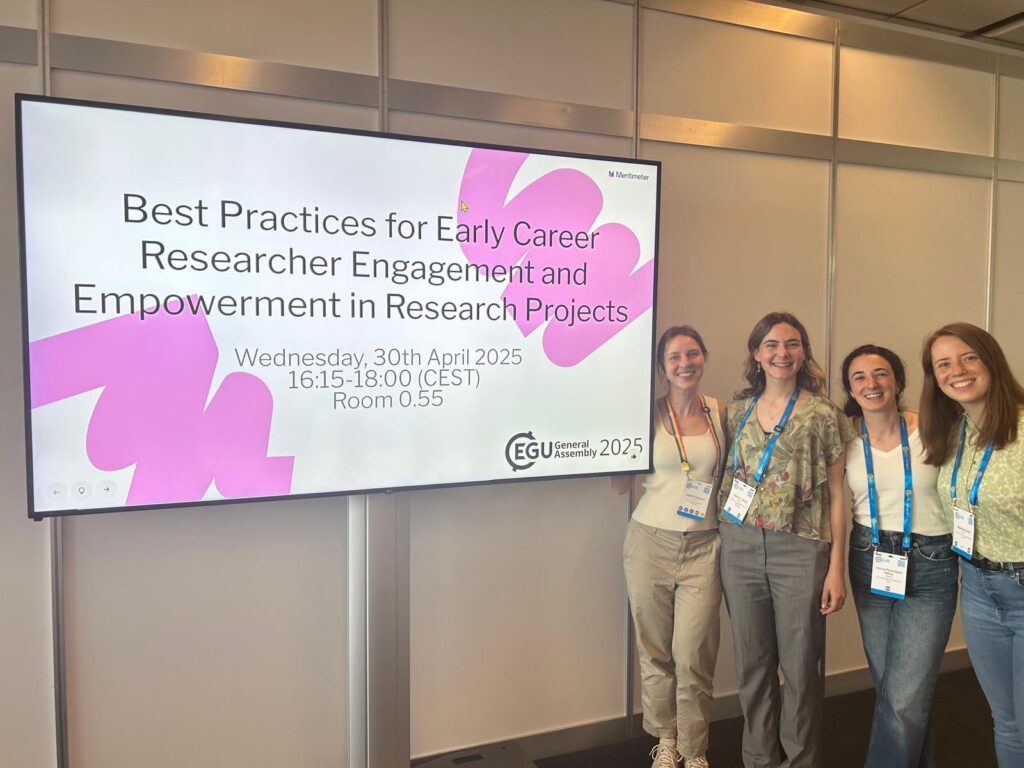
Figure 4: The convening team celebrating the completion of the course (Image credit: short course participants)
References
[1] Schlumberger J, De Polt K, et al. Empowering ECRs to make research projects flourish: lessons from a European research project [version 1; peer review: awaiting peer review]. Open Res Europe 2025, 5:312 (https://doi.org/10.12688/openreseurope.21517.1)
Post edited by Asimina Voskaki, Hedieh Soltanpour and Navakanesh Batmanathan.

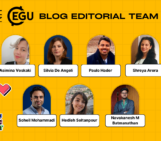

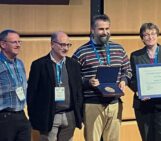
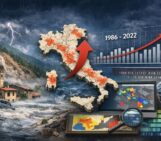
Faculté des Lettres et Langues
The topic is good and valuable, and I benefited from it. Thank you.